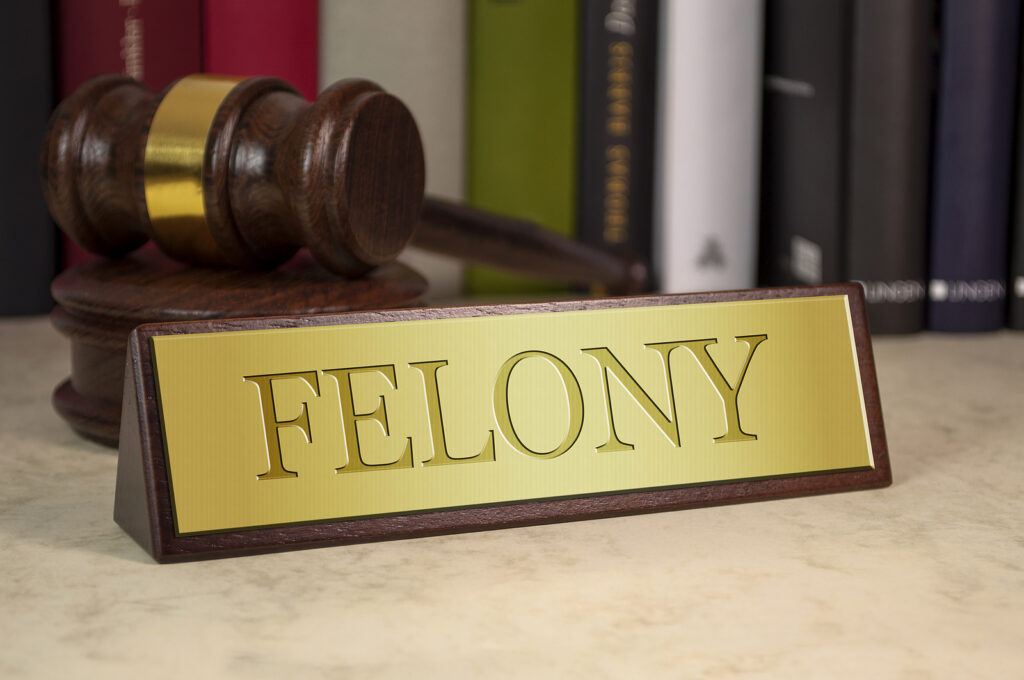Understanding Felony DWI Charges in Texas
Felony DWI charges in Texas occur when a driver is accused of operating a vehicle under the influence of alcohol or drugs, leading to severe legal repercussions. Unlike misdemeanor charges, felony DWI is typically pursued in cases involving repeat offenses, injury to others, or significant property damage.
In Texas, a felony DWI can result in imprisonment for two to ten years, hefty fines reaching up to $10,000, and a permanent mark on your criminal record. Understanding the nuances of these charges is crucial for anyone facing such allegations, as the legal implications can drastically affect one's personal and professional life.
Defenses Against Felony DWI Charges
When facing felony DWI charges, several defense strategies can be employed to mitigate or eliminate the consequences. Common defenses include challenging the validity of the traffic stop, questioning the accuracy of breathalyzer tests, and demonstrating that the driver was not impaired at the time of arrest.
Each case is unique, and an experienced DWI attorney can help identify the most effective defense strategy based on the specific circumstances of the case. For instance, establishing that the arresting officer lacked probable cause for the stop can lead to the dismissal of evidence collected during the arrest.
The Impact of a Felony DWI Conviction
A felony DWI conviction can have lasting effects on an individual's life, extending beyond legal penalties. It can lead to employment challenges, difficulties in securing housing, and social stigma that affects personal relationships.
Moreover, individuals with a felony DWI on their record may face increased insurance premiums and restrictions on driving privileges. Understanding these ramifications is essential for those charged with a felony DWI, as it underscores the importance of seeking competent legal representation.
Steps to Take After a Felony DWI Charge
If you have been charged with a felony DWI, taking immediate and informed action is critical. The first step is to consult with a qualified DWI attorney who can guide you through the legal process and help you understand your rights and options.
Additionally, it is advisable to refrain from discussing the case with anyone other than your attorney, as statements made could potentially be used against you in court. Gathering evidence, such as witness statements and any relevant documentation, can also support your defense strategy.


